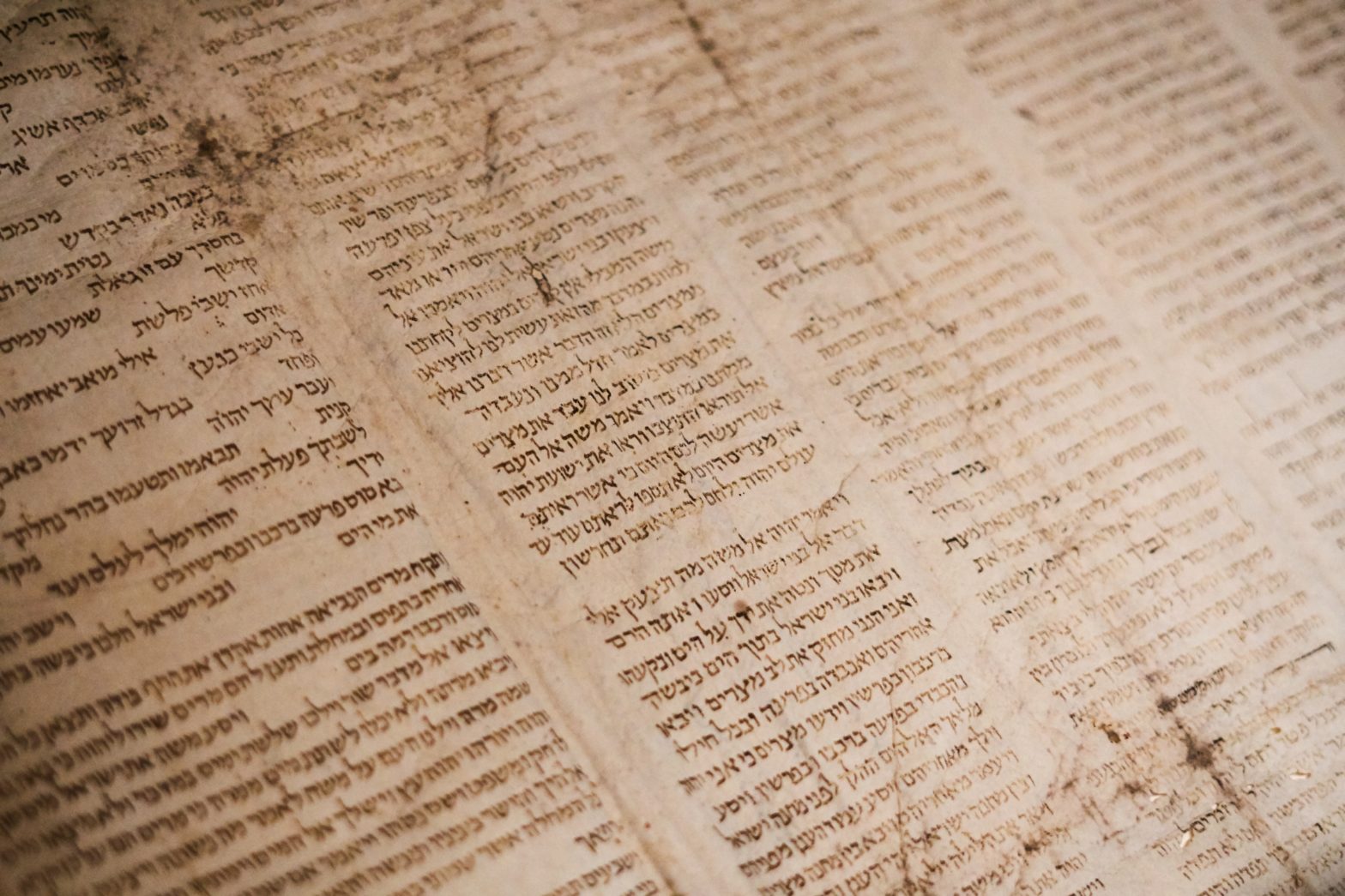Okhlah we-Okhlah is a medieval compilation of information about the Hebrew Bible.1
As a credit to the scholars that stand behind it, Okhlah we-Okhlah remains relevant even today.
A Bit about Okhlah we-Okhlah
Okhlah we-Okhlah isn’t unique.2 It’s one of several medieval masoretic treatises. But Okhlah we-Okhlah does have the distinction of being the largest of these.
Okhlah we-Okhlah contains around 400 lists. These lists sometimes document common phenomena (e.g., qere–ketiv). Other times, they document words or phrases that are similar but differ in one or more respects.
The work exists in two modern editions:
- S. Frensdorff, Das Buch Ochlaḥ W’ochlah (Hannover: Hahn, 1864; repr., New York: Ktav, 1972).
- E. F. Diaz-Esteban, Sefer Oklah We-Oklah (Madrid: Consejo Superior de Investigaciones Cientificos, 1975).
Why Okhlah we-Okhlah Is Important
If you’re specializing in masorah, you’ll likely have various entry points for interest in Okhlah we-Okhlah.
Otherwise, you’re most likely to come to Okhlah we-Okhlah from one of its citations in Biblia Hebraica Stuttgartensia (BHS; affiliate disclosure).
Okhlah we-Okhlah isn’t cited often. But when it is, you’ll find it included in the upper apparatus along with the much more frequent references there to the masorah magna (Mm).
You can then use the indexing number provided in BHS to consult the material in Okhlah we-Okhlah to learn more about the text.
How to Access Okhlah we-Okhlah
Understanding BHS’s Abbreviations
In BHS, Okhlah we-Okhlah is cited under two different abbreviations.
The front matter doesn’t explicitly define these abbreviations. But they become more transparent when you note the publication dates of the Okhlah we-Okhlah editions mentioned earlier.
Frensdorff’s edition originally appeared in 1864. Diaz-Esteban’s appeared in 1975.
Fittingly then, BHS references Frensdorff’s edition with “Okhl.” The abbreviation “Okhl II” points to Diaz-Esteban’s edition.
Accessing the Modern Editions of Okhlah we-Okhlah
Frensdorff
If you come across a citation in BHS of “Okhl,” you can actually get the full text of Frensdorff’s edition online. Internet Archive has a good quality scan available.
But when using this scan, do note that page and section numbers descend in the Frensdorff text as they ascend in the PDF.
Presumably, this is due to a left-to-right process of scanning Frensdorff’s edition, which was printed right-to-left.
Diaz-Esteban
If you come across a citation of “Okhl II,” you have a three main options.
- If you’re lucky enough to be in proximity to a library that has a copy of Diaz-Esteban’s edition, you can go there to consult it.
- You can befriend librarians with around an $800 surplus in their acquisition budget and encourage them to pick up one of the few copies of Diaz-Esteban’s edition that are currently on the market.
- You can try your hand at getting a copy of Diaz-Esteban’s edition via interlibrary loan.
Conclusion
The work that went into Okhlah we-Okhlah means that it can still be worth consulting around a millennium after it appeared.
And although the references in BHS to “Okhl II” can be more difficult to follow up, those to “Okhl” are comparatively easier since the full text of Frensdorff’s edition is openly available online.
Header image provided by Tanner Mardis. ↩
In this section and below, I’m drawing primarily on Page Kelley, Daniel S. Mynatt, and Timothy G. Crawford, The Masorah of Biblia Hebraica Stuttgartensia: Introduction and Annotated Glossary (affiliate disclosure; Grand Rapids: Eerdmans, 1998), 21, 56–57. ↩

Leave a Reply